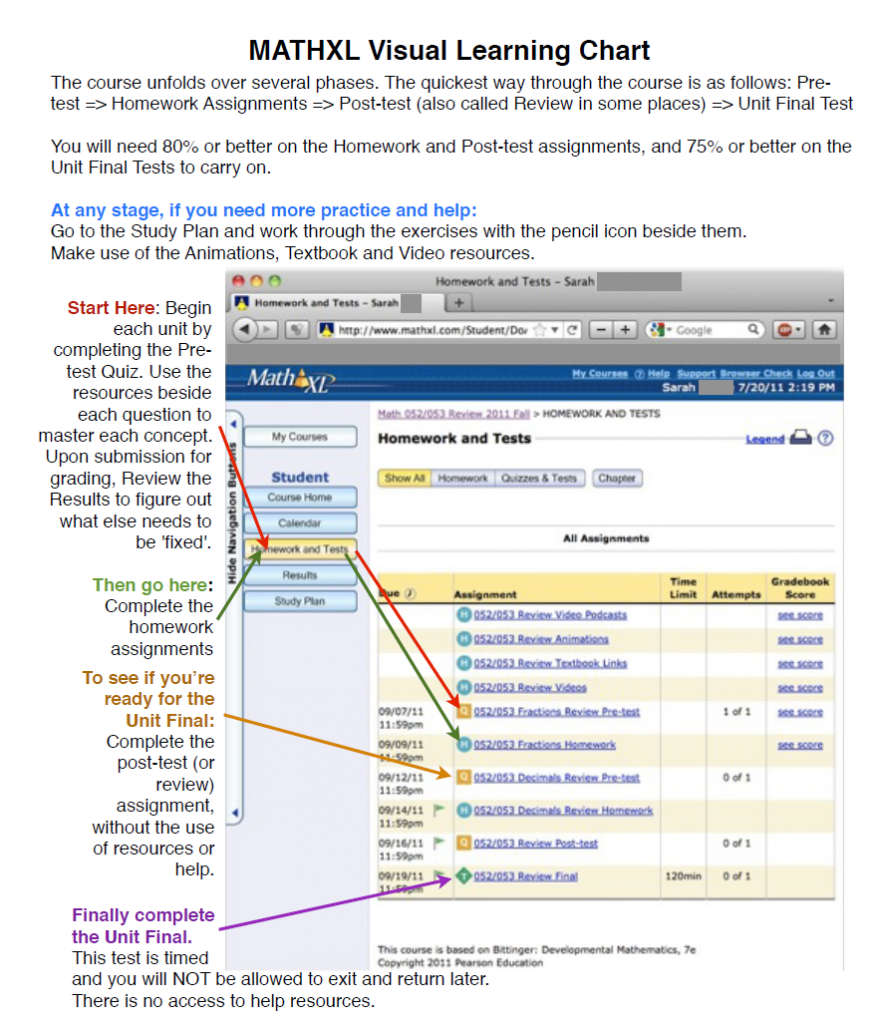Welcome to Martin Buck’s blog.

Here you will find postings I have made about different professional and schedule development activities I have been involved in over my recent time as a college math instructor at Camosun College. You will also find posts at my Google Plus account. See below for a link to that.
I have been an instructor at Camosun College since 1987. In that time I have been an active participant in and evaluator of the use of educational technology to help faculty, staff and students gain digital literacy skills.
In 1995 as an outcome of my master’s degree, I began Learning Webs, a project to develop and deliver online instructional materials for adult upgrading students. These are currently being delivered both online and in a blended mode in partnership with local community learning centres.
My passion is helping create a ” . . . world made transparent by true communications webs (Illich, Ivan. Deschooling Society, 1971, p. 157).”
In my spare time, I like to read fiction and biographies as well as restore vehicles. I recently built a shop to facilitate that passion. You can read about the summer 2011 project at http://www.carbucks.ca/?p=11. Next up is an 83 Honda Magna V65. At the time it was claimed to be the world’s fastest production motorcycle. While I still have a need for speed, that bike is now up for sale, as I has been sold so I can focus on more practical machines. In that vein, I also have two Triumph TR8s, an ’80 that needs a new water pump and paint job and an ’82 that is in ‘collector plate’ condition.
